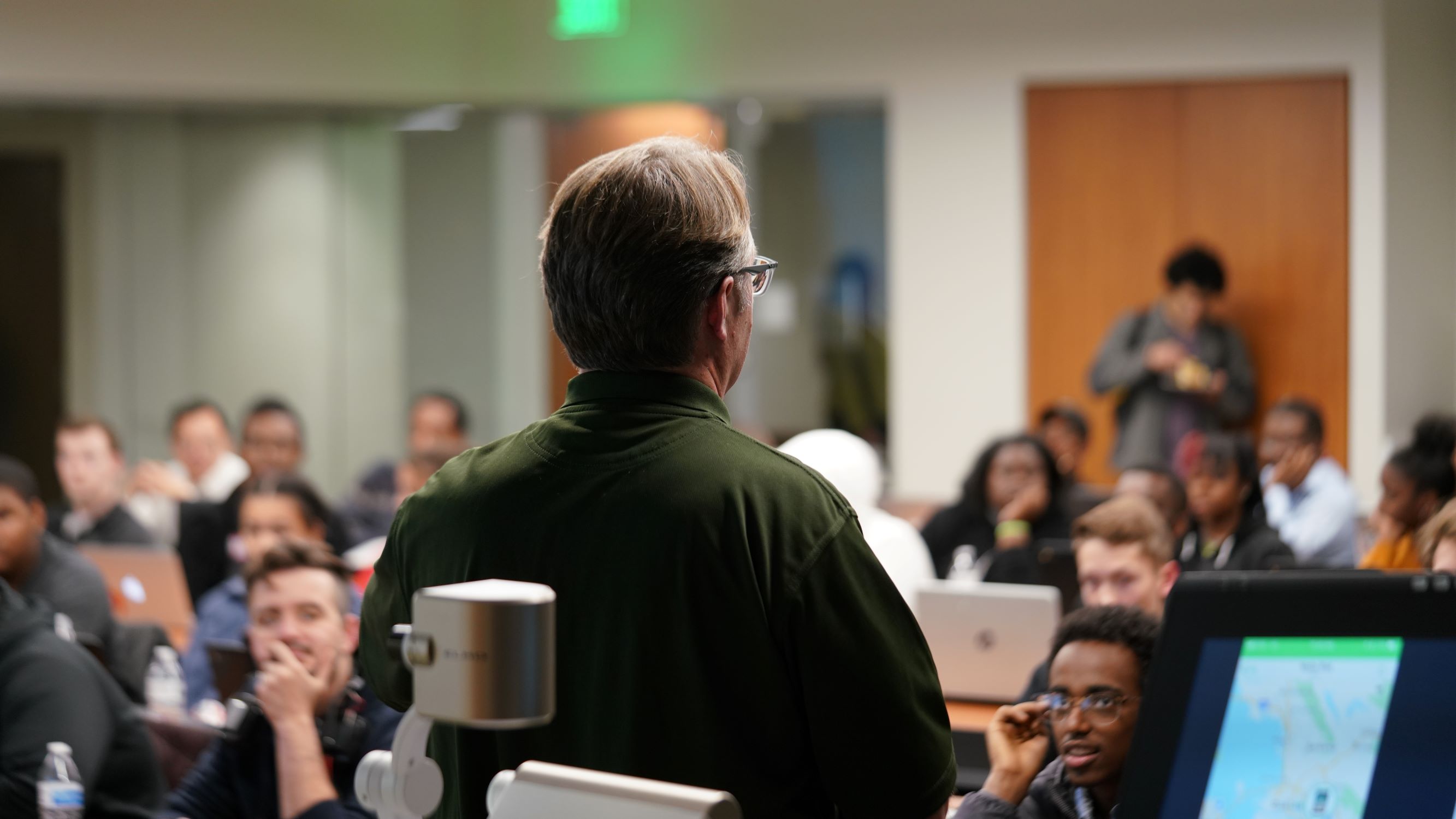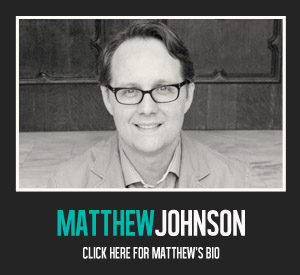 I love the vocabulary Les McKeown uses to describe the roles of people in an organization: Visionary, Operator and Processor.
I love the vocabulary Les McKeown uses to describe the roles of people in an organization: Visionary, Operator and Processor.
In short…
- (V) Visionaries think big, generate ideas and become irritated by details.
- (O) Operators are action oriented and don’t like to be micro-managed.
- (P) Processors devise systems and procedures that enable an organization to deliver consistent results.
Most often startups begin with the dreams of a visionary and the “make it happen” skills of an operator. Once the company begins to succeed a processor is brought on board to systematize operations.
Of the three, operators bring a high functional value to organizations. These are the implementors, the “git-r-done” kind of people who bring about the dreams of visionaries.
I’ve been privileged to work with a few gifted operators during my leadership of nonprofits. People who lived to execute a program, or launch an initiative or pull-off a fundraising campaign.
I’ve also been guilty of letting operators take on more than they can do. I have mentioned incomplete projects in staff meetings and allowed the operators to say, “I’ll take care of it.” I have had operators meet with me about their problems and by the end of the meeting they’ve committed to find solutions to my problems.
In a recent interview I heard Les McKeown say, “Operators are to work like an alcoholic is to a bottle of vodka.” If you walk into an alcoholics office and say, “Hey what am I going to do with this bottle of vodka?” They’re going to say, “Leave it on my desk. I’ll take care of it.” Similarly when operators hear of unfinished work they’re drawn to “finish off the bottle” even if it eventually kills them.
Be responsible.
As a visionary, if you can think it, an operator will try to do it. Which means you need to be more responsible about sharing your thoughts.
When a visionary attends a conference or devours a new book, it’s best not to immediately share your insights with operators. They usually interpret all the energy from your new found discoveries as, “This is our top priority.” Instead, write your visionary thoughts down and put them away. This is a good habit for two reasons:
- When you get the notes out again, if you’re first thought is “What was I thinking?”, then you’ve saved face by keeping your staff from wondering the same thing.
- You can wait for the right time to share your thoughts with operators, so as to allow them opportunity to “shift gears” and recommit their energy.
Have adult conversations.
When you have operators who have overloaded themselves with everyone else’s projects, don’t chastise them. Operators more than anyone know they have taken on too much.
Instead have adult conversations around expectations. Let the operator know it is not your expectation for them to carry everyone’s project over the finish line. Then give them permission to change the timeline on one of YOUR projects. This will be like prying the bottle out of their hands. So, assure them that there is no paybacks or dissapointments.
Encourage them to say ‘yes’ more slowly.
When you present your thoughts to an operator, preface them with the comment, “I don’t want an answer today.” Then when they still give you an answer, hold to your guns and say, “It’s not necessary to commit to this. We’re just talking, not deciding.”
Michael Bungay Stanier calls this letting people say “yes” more slowly. Operators are not clueless as to how they get overcommitted. They know they fight the urge to “sign up” in the moment, and then suffer from “commitment remorse” afterwards.
So drag the opportunity for commitment out into a series of meetings or into incremental commitments. Don’t just assign it and forget it! Let operators say “No” at light speed and “Yes” in slow-motion.







